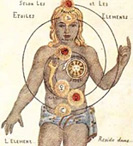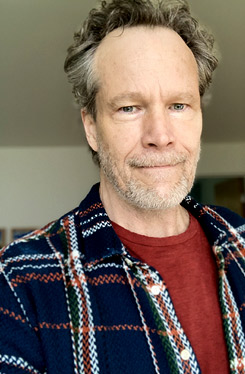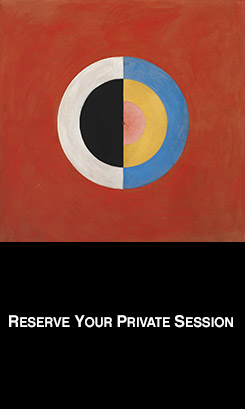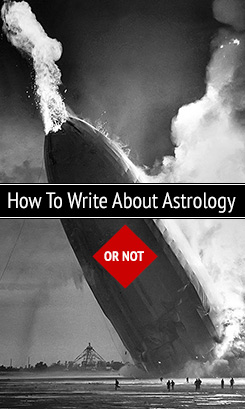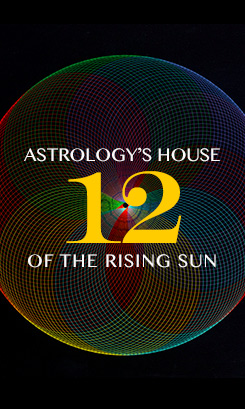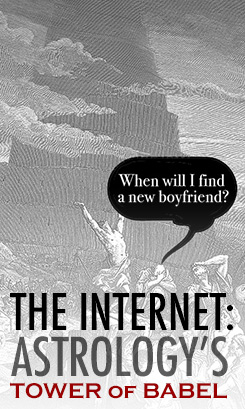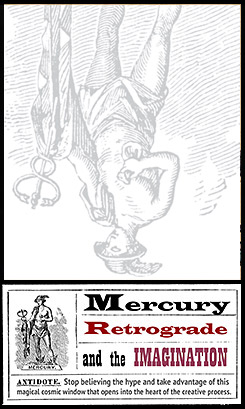It’s Rigged — Everything, in Your Favor
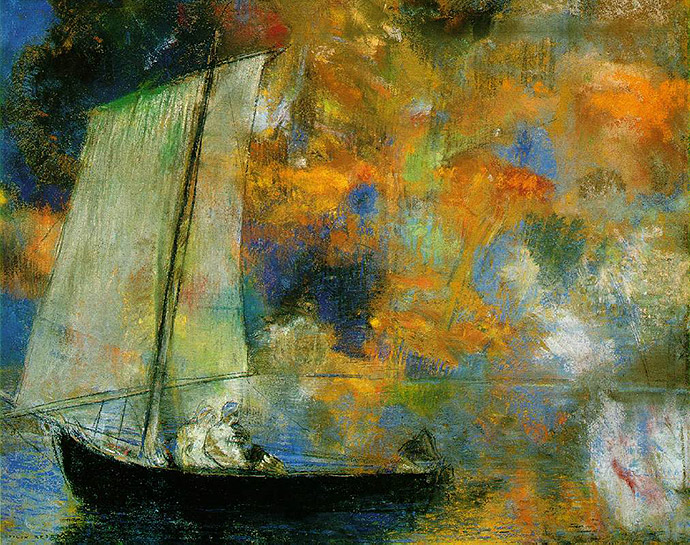
It’s rigged — everything, in your favor.
So there is nothing to worry about.
Is there some position you want,
some office, some acclaim, some award, some con, some lover,
maybe two, maybe three, maybe four — all at once,
maybe a relationship
with
God?
I know there is a gold mine in you, when you find it
the wonderment of the earth’s gifts
you will lay aside
as naturally as does
a child a
doll.
But, dear, how sweet you look to me kissing the unreal:
comfort, fulfill yourself,
in any way possible — do that until
you ache, until you ache,
then come to me
again.
— Rumi
…And the Old Things Go, Not One Lasts

Here’s one of the poems I enjoy dragging out of the back of my head when autumn has firmly taken hold. Last year’s cord of wood has seasoned well through the generous summer we had on Vashon, so I’ll probably make the year’s first fire in the fireplace tomorrow night.
I cried over beautiful things knowing no beautiful thing lasts.
The field of cornflower yellow is a scarf at the neck of the copper sunburned woman, the mother of the year, the taker of seeds.
The northwest wind comes and the yellow is torn full of holes, new beautiful things come in the first spit of snow on the northwest wind, and the old things go, not one lasts.
–Carl Sandburg
New Moon Watch: Cancer Partial Eclipse
The Atrophy of Private LIfe
In the heavy fashion magazines strewn here and there around the house the photos of objects and people mouth the word “money,†but you, assuming no one wants you anymore, mishear the message as “meaning.†Arousal follows. The lives of the rich are so fabulous! The destruction of the poetical lies heavily on their hands, as on their swollen notion that we are always watching. There is nothing behind the mask. Nothing suffocating under its pressure, no human essence trying to get out.
Awareness, always awareness. Don’t you see how these elaborate masks are turning you into a zombie? The private life is not for the eye but for the endless interior. It is trying to push all this crap aside and find the missing line. Nobody, least of all the future, cares about the outcome of this quest.
It is easy to lose, through meddling or neglect, an entire aspect of existence. And sometimes, to cultivate a single new thought, you need not only silence but an entirely new life. 
—Jennifer Moxley
Martha Heyneman on Understanding
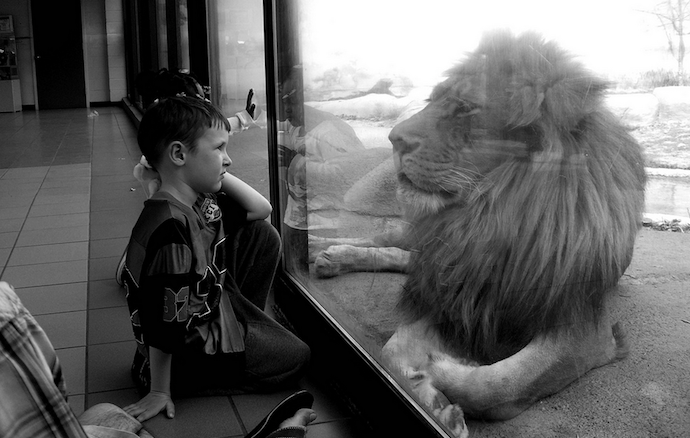
“Understanding evolves in the same way as natural systems do. Each new level, whether of being or of knowledge, encompasses all the previous levels and manifests the inauguration of the dominion of a still more powerful — at the same time more concentrated and more comprehensive — unifying principle. It is as if, as the reach of its organizing power encompasses more and more diversity, the unifying principle itself goes deeper and deeper, approaching closer and closer to the center and unifying principle of the Whole.”

“This evolutionary process is not continuous but proceeds, when a system reaches a state far from equilibrium, by sudden leaps, as if by inspiration or revelation. The moment of the leap, from atom to molecule, from molecule to cell, from cell to organism, resembles those moments when, after long and anguished searching, there leaps into the mind of the scientist (from he knows not where) a theory that brings into order a vast realm of formerly unrelated data; or into the awareness of the poet the presentiment of a poem — the almost physical sensation that there is now something inside him that will give him no rest until he succeeds in bringing it to birth and precise articulation, and within whose form all the contradictory experiences of his life up to this time will take their places in harmonious relationship so that, at last, their meaning will be revealed to him.”
— Martha Heyneman from The Breathing Cathedral
Photograph The Boy and the Lion by Elizabeth Sarah.
Keats’ Negative Capability
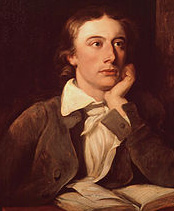
“I had not a dispute but a disquisition with Dilke, on various subjects; several things dovetailed in my mind, & at once it struck me, what quality went to form a Man of Achievement especially in literature & which Shakespeare possessed so enormously – I mean Negative Capability, that is when man is capable of being in uncertainties, Mysteries, doubts without any irritable reaching after fact & reason – Coleridge, for instance, would let go by a fine isolated verisimilitude caught from the Penetralium of mystery, from being incapable of remaining content with half knowledge. This pursued through Volumes would perhaps take us no further than this, that with a great poet the sense of Beauty overcomes every other consideration, or rather obliterates every other consideration.”
— John Keats‘ letter to his brother dated Sunday, 21 December 1817.
Niffari on Turning
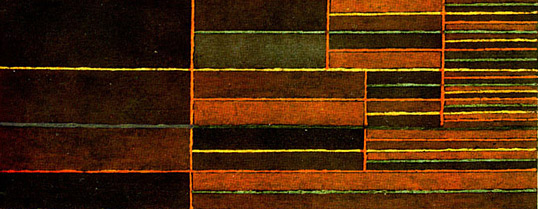
Relationship persists so long as subsidiary cause persists,
and subsidiary cause persists so long as quest persists,
and quest persists so long as thou persistest,
and thou persistest so long as thou sees Me not;
but when thou seest Me, thou art no more,
and when thou art no more,
quest is no more, and when quest is no more,
subsidiary cause is no more, and when subsidiary cause is no more,
relationship is no more, and when relationship is no more,
limit is no more, and when limit is no more, veils are no more.
— Niffari






